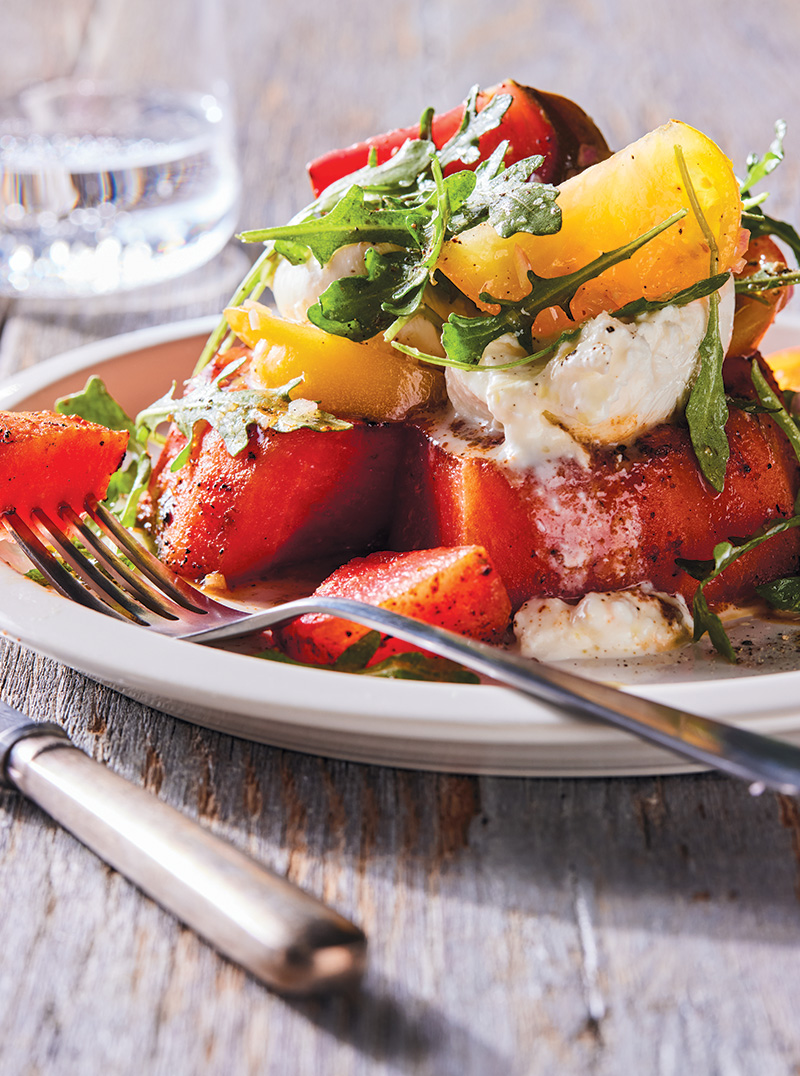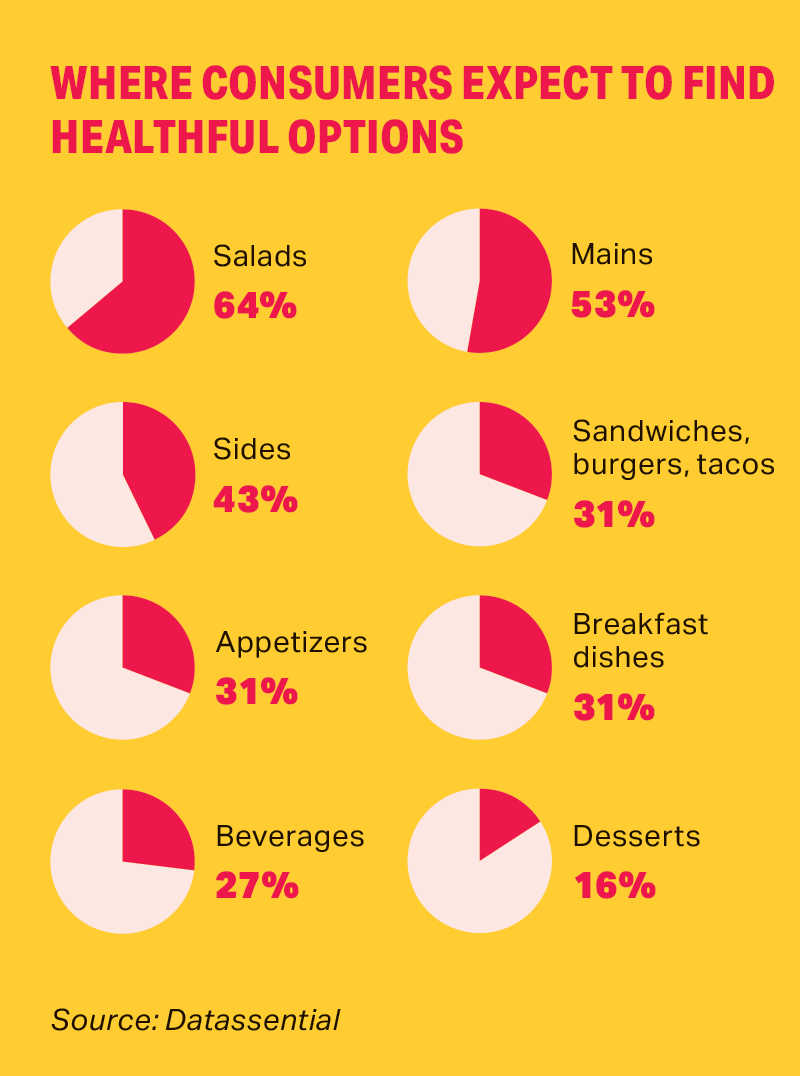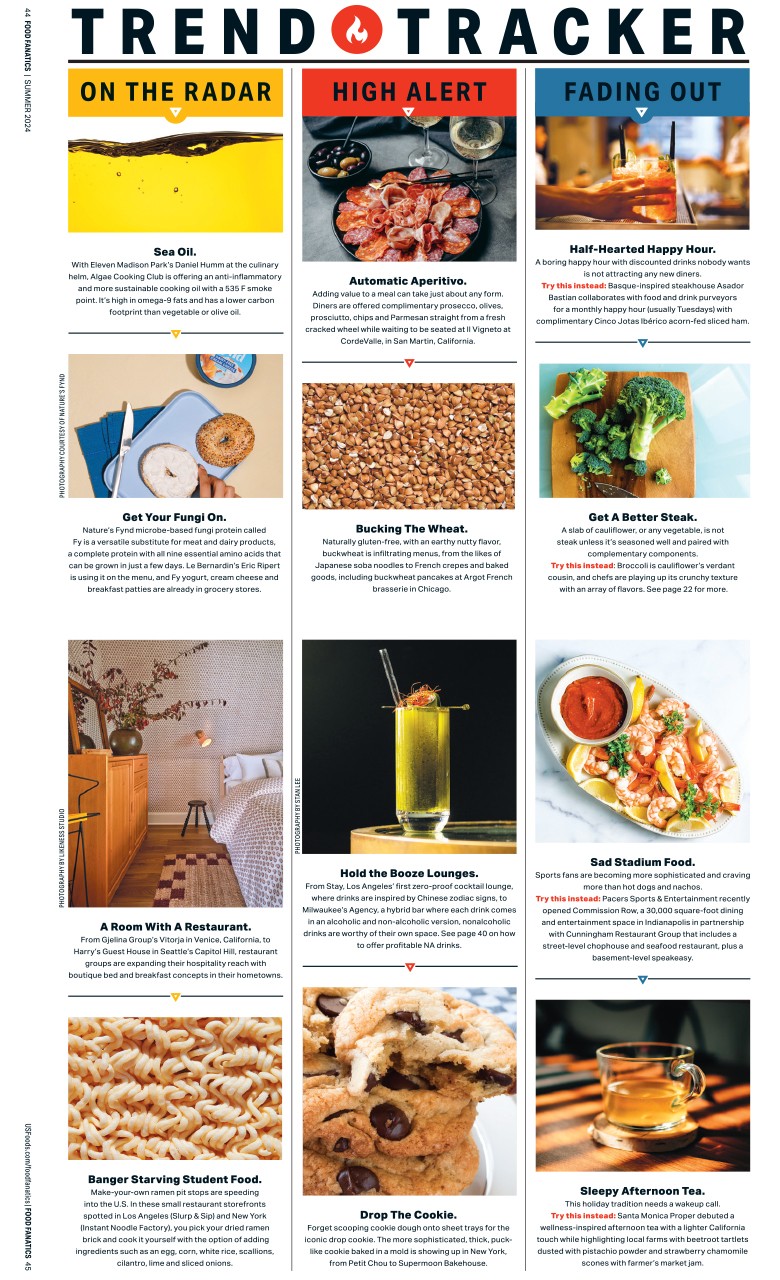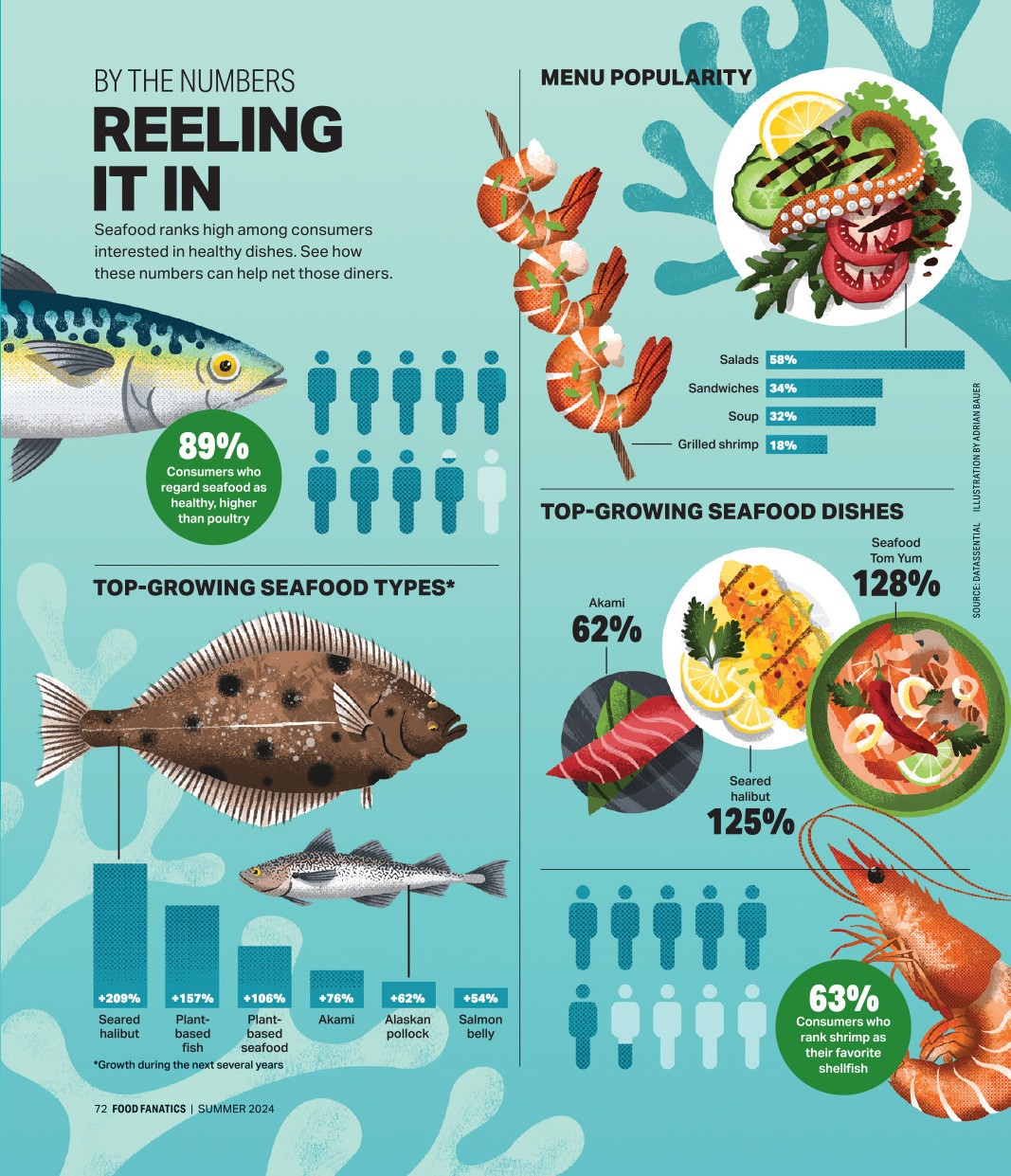How Health & Wellness Trends are Shaping the Future of FoodService
Wellness is impacting the foodservice industry like never before. Time to harness the opportunities
Ask a chef to define healthy and the answers will vary just as they would among consumers. It differs depending on circumstances, such as age, dietary preferences, lifestyle and health status. Celebrations call for indulgence while health concerns swerve toward grilled vs. fried choices. And some people – consumers and industry folks alike – raise an eyebrow, perplexed: People go to restaurants to indulge, not to eat healthy.
In other words, what people regard as healthy is personal and changes depending on the dining occasion. A recent report by food research firm Datassential identifies such consumer attitudes, opening the door for restaurants to understand and meet diner needs when health is more of an influence than it ever has been.
Overall, people see food as a function. Consumers chose “eating right” and exercise as the top two factors of a healthy lifestyle, according to the Datassential study. “While there are many ways to approach health; nothing outweighs the nutritional aspect of food and beverage,” the study noted.
Dietary preferences are aimed at health goals, which restaurants can meet, whether consumers are eschewing red meat to lower cholesterol; preferring vegetarian, paleo or pescatarian options for heart health, or seeking fiber-rich grains and fermented foods such as miso and yogurt for gut balance.
“By catering to a wider range of dietary needs, a restaurant can attract more customers, differentiate themselves from competitors and tap into a growing market of people who are seeking specialized dining options,” says Paramjeet “Param” Bombra, the chef at Gulaabo, an Indian restaurant in New York City.

Knowing diner preferences has always been essential for success, but now operators can take that strategy one step further by specifically identifying the dietary options. Restaurants can be known for their preferences to draw diners. Chef Johnny Spero reopened his Michelin-star restaurant, Reverie, in Washington D.C. with no red meat on the menu, focusing instead on East Coast seafood and vegetables. “It's definitely intentional,” he says.
The same applies to Kernel, the automated fast casual vegan restaurant from Chipotle Mexican Grill founder Steve Ells that opened in New York City earlier this year, with more planned. The approach to options such as the vegetable burger, roasted carrots with farro, dates, spiced almonds and salsa verde, and crunchy cucumbers with wild rice, basil, cilantro, mint chili jam and cashews, are all about unprocessed natural foods for human and environmental wellness.

Healthful also extends to mental health. Some 57% of respondents in the Datassential study say their mental and emotional health is more important today than two years ago, compared to 2% who report the opposite. While mood-boosting adaptogens and reishi mushroom-packed drinks can lift a consumer’s spirits, so can indulgence.
First Watch, a national chain of more than 400 breakfast, brunch and lunch restaurants, has long known how to tap into diners interested in wellness by offering seasonal produce for protein-packed dishes along with fresh-squeezed juices. But plenty of indulgent options are available such as its signature Chickichanga – a rolled flour tortilla filled with eggs, chicken breast, chorizo, green chiles, Cheddar and Monterey Jack cheeses, onions and avocado topped with a white sauce, sour cream and seasoned potatoes. It’s listed as a 1,190-calorie dish with 73 grams of fat.
Daniel Orr, a chef who took a healthier approach to food after recovering from a life-threatening illness, believes chefs overall are reconciling the way fat, sugars and salts in their cooking don’t always align with diners’ diets. When ingredients are seasonal and speak for themselves, less fat is needed, seasonings stand in for salt and natural sweeteners replace refined sugar. At his FARMBlooming restaurant in Indianapolis, the menu caters to dietary preferences through balance. Customers can find plenty of healthful items, such as vegetable-packed salads with the option to add salmon, but there’s also “FarmFamous” garlic fries that accompany those orders. “It must be the health properties of the turmeric in the aioli,” he jokes.
Or the reason lies in the findings of the Datassential survey. Far more consumers are interested in a dietary practice than they are following.



